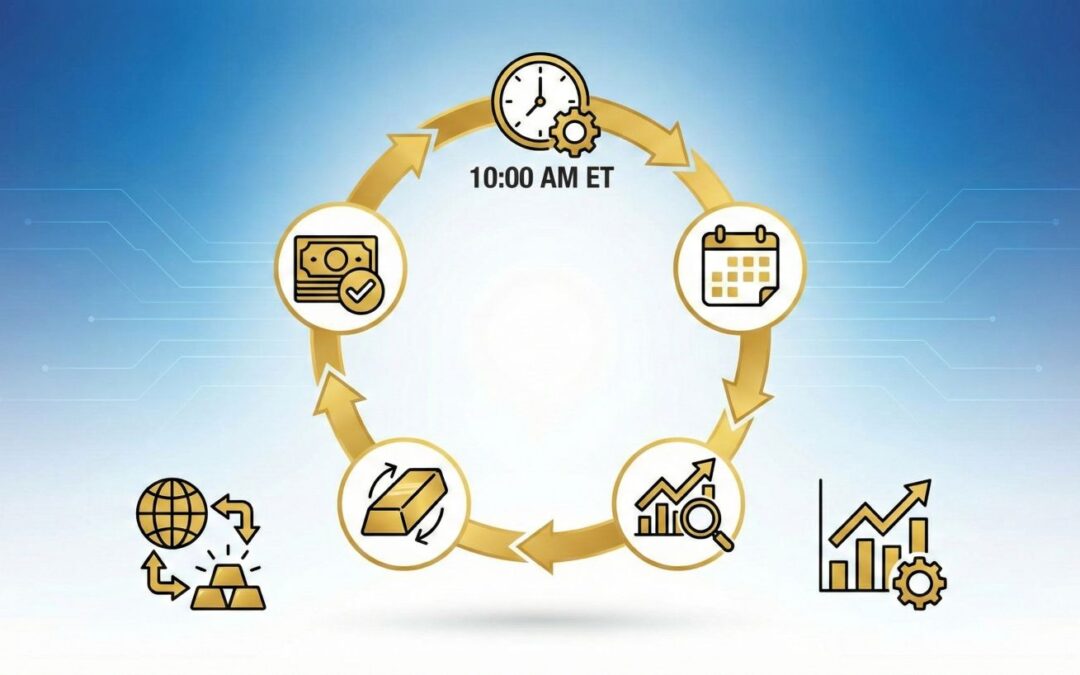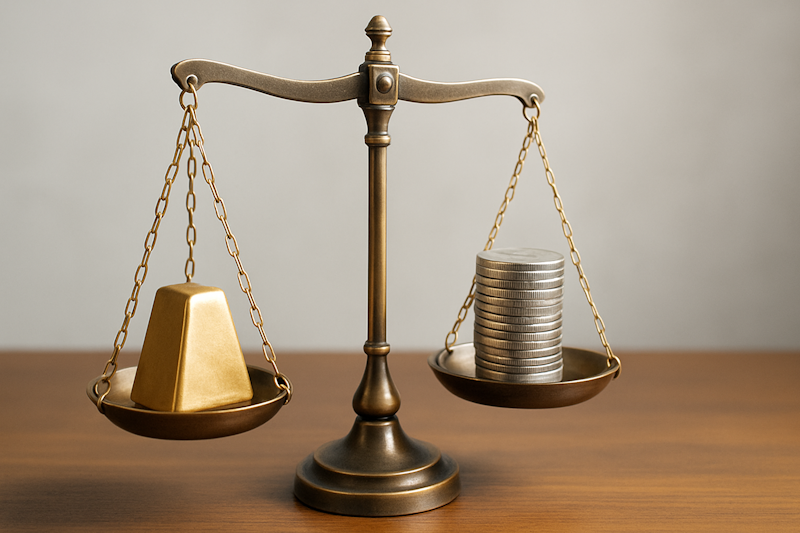I’m a Free Will kind of guy.
You might as well be born with “Free Will Included” stamped right on your bottom as far as I’m concerned.
Nature imposes only physical limits. Everything else boils down to a decision to act within those material constraints.
Whether you judge that aspect of the human condition as a feature or a bug depends on your perspective. But regardless of your point of view, each of us possesses the fundamental capacity to choose for ourselves. Only you determine the next step. And only you decide the degree to which you impose your Will on others.
In a nutshell, where you draw the line on the whole issue of your Will relative to others forms the essence of moral action.
Some see no line.
To them, the ends justify the means. And when persuasion fails, those means include constricting your actions in an unceasing train of prohibitions and permissions.
Thankfully, throughout history, we have benefitted from a particular breed of Free Will revolutionaries. Visionaries hell-bent on creating conditions that respect everyone’s right to choose. Intellects with ideas to subvert authoritarian designs by drawing the lines of an open society around everyone.
And when it comes to putting those subversive ideas to the test, they all know this:
You don’t ask permission to start a revolution…
The Will to Act According to Your Principles
In July 1776, when a dissatisfied band of colonists signed the Declaration of Independence, they had already assumed the right of self-governance. The fight for a free and open society was happening anyway.
The Declaration simply made plain their motivation to act.
And they most definitely were not begging the favor of the king.
When Eric Hughes shot off an email containing A Cypherpunk’s Manifesto in March of ’93, programmers the world over were already writing open-source cryptography code. They knew that “privacy is necessary for an open society in the electronic age.”
They wanted privacy. But no one was going to give it to them.
“Cypherpunks write code,” and his Manifesto let the world know they wrote code to make encryption – and the “anonymous transaction systems that it makes possible” – available to anyone who wanted it.
And that no one could do anything about it.
Satoshi Nakamoto had already written the Bitcoin code when he(?) dropped the Bitcoin whitepaper on a cryptography mailing list in October 2008.
The white paper described his attempt at an anonymous transaction system. He knew money didn’t have to come from the government. Money just needs a system of trust. And he thought proof-of-work cryptographic hashes could provide that trust.
And, like the architects of authoritarian subversion that went before him, he was not asking permission.
Think Free. Be Free
Don Yocham



